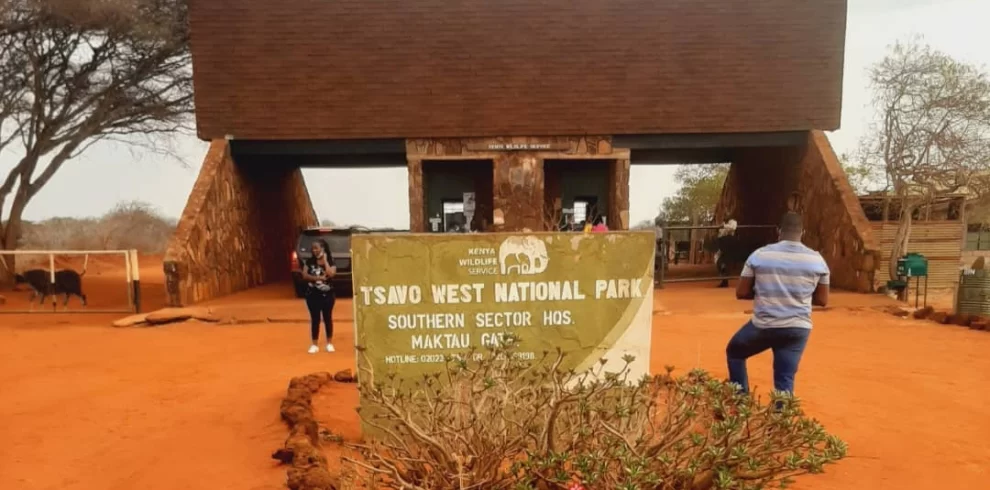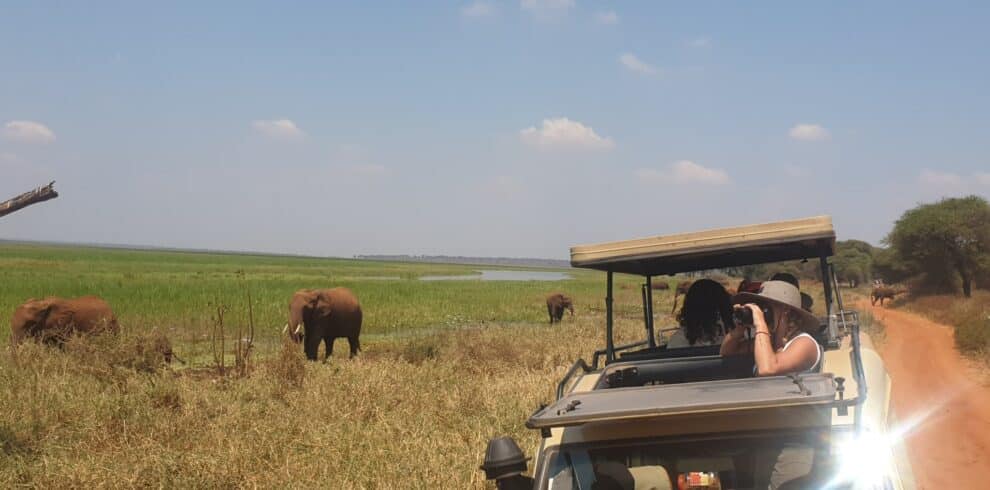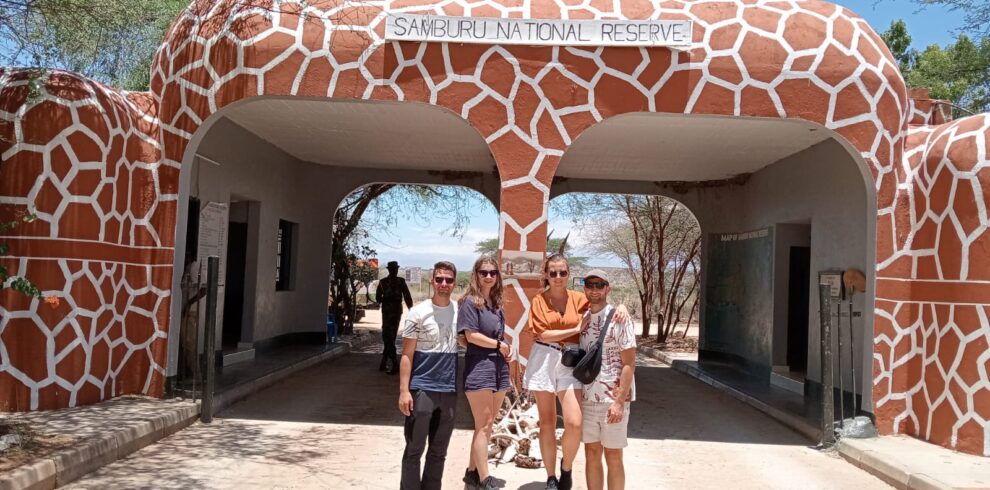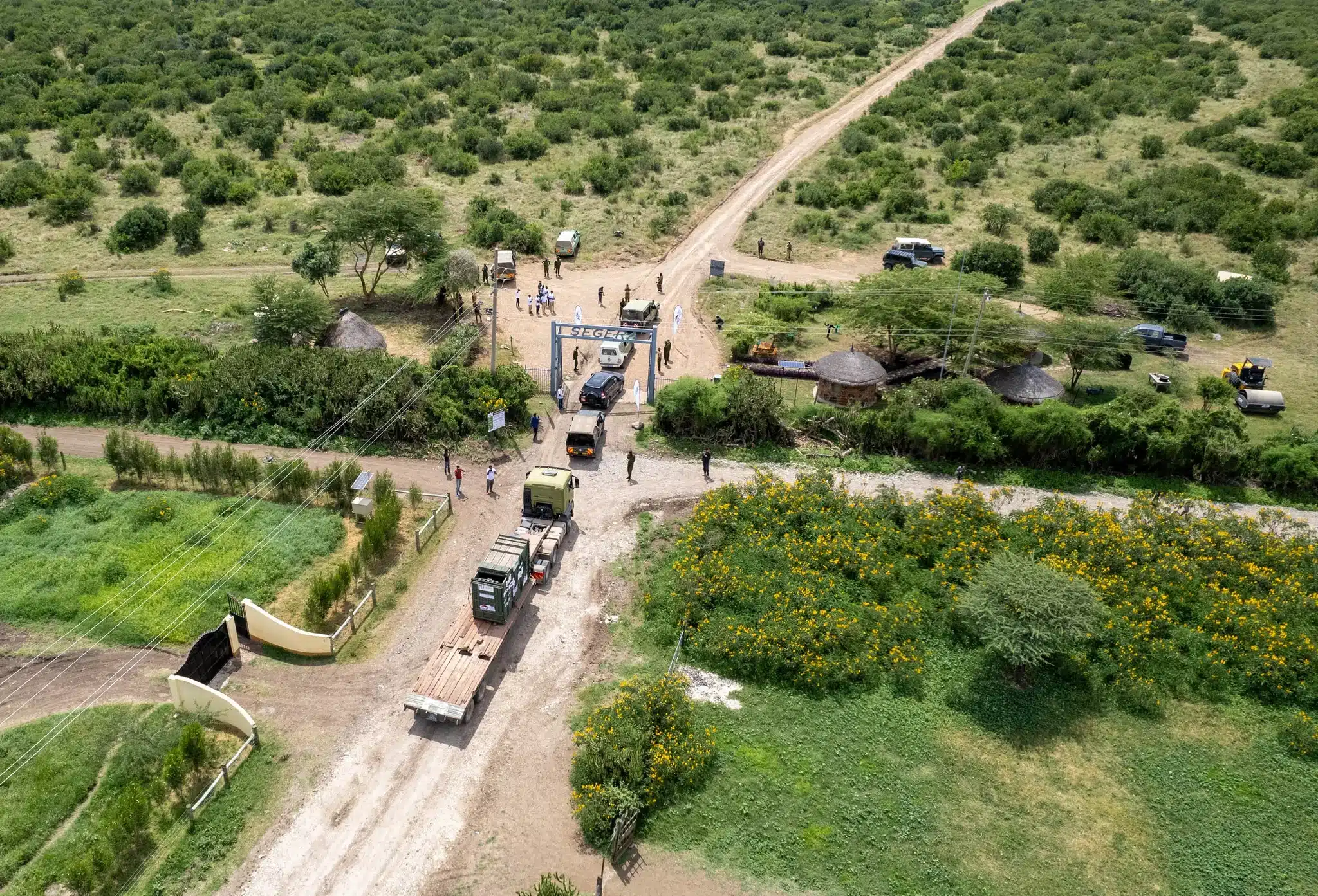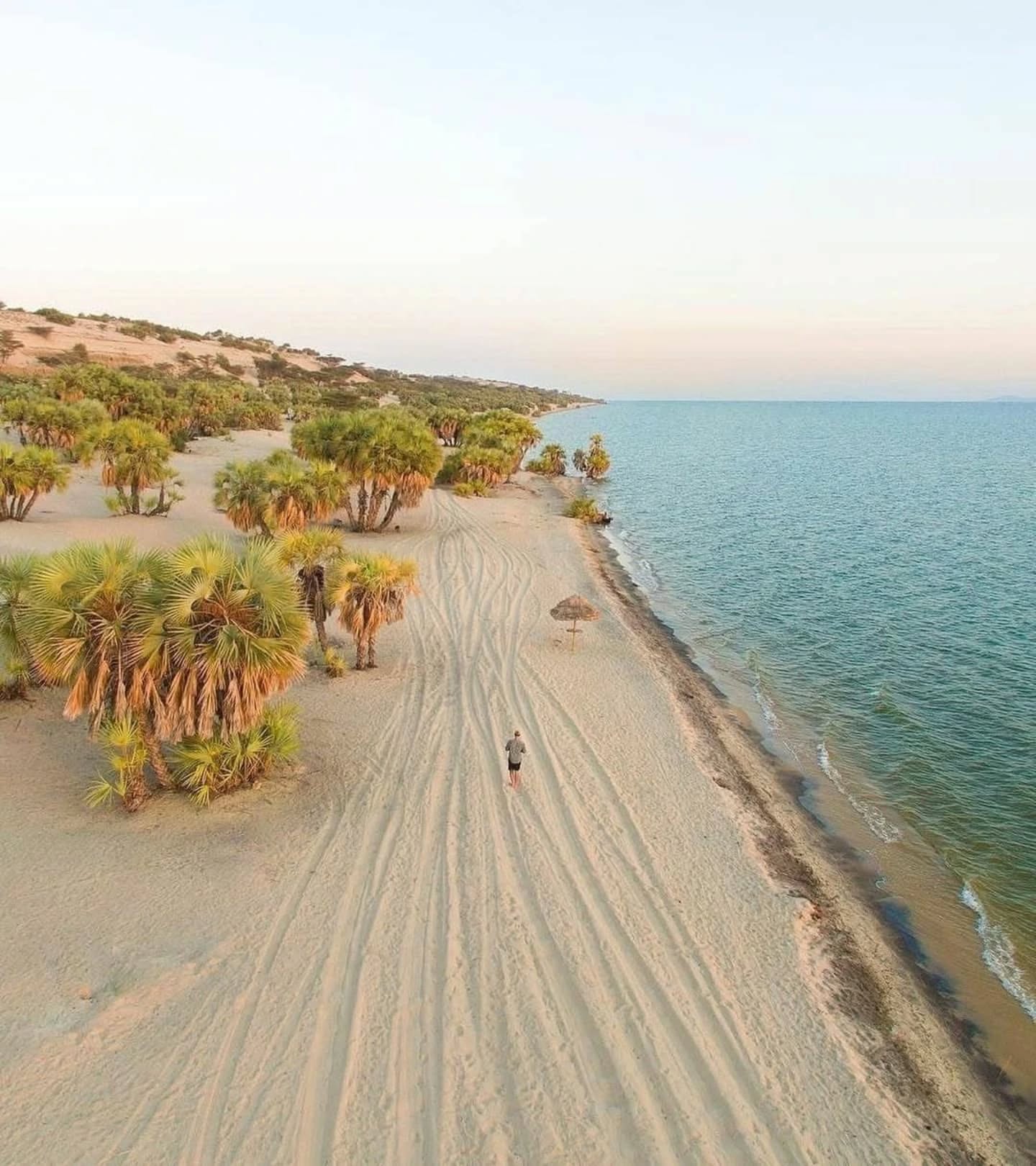To travel sustainably in Kenya, focus on lessening your impact on the environment, engaging with local communities, and helping to protect wildlife and natural resources. Here are a few suggestions for eco-conscious travel in Kenya:

Support Eco-friendly Accommodations
Eco-Lodges & Green Hotels: Opt for places to stay that emphasize sustainability through the use of renewable energy, water conservation techniques, and locally sourced materials. In Kenya, many eco-lodges, especially those in national parks and along the coast, are actively involved in conservation and strive to lessen their environmental impact.
Conserve Water & Energy
Water scarcity is a challenge in Kenya, especially in rural areas. Be mindful of your consumption by taking shorter showers, reusing towels, and ensuring taps are turned off when not needed.
Remember to turn off lights and gadgets when you’re not using them, and use your heating or air conditioning only when necessary.

Respect Wildlife and Nature
Kenya is rich in national parks and game reserves, including the famous Maasai Mara, Amboseli, and Tsavo. When you go on a safari or wildlife tour, select operators that engage in conservation and uphold ethical wildlife practices. Aim for those that support responsible and gentle wildlife viewing experiences.
Eat Locally and Sustainably
Enjoy delicious local produce and meals by choosing restaurants or markets that prioritize ingredients from the area. This not only cuts down on the carbon footprint of imported products but also strengthens local farmers and their communities.
Minimize Plastic Use
Kenya has implemented a ban on plastic bags due to the rising issue of plastic pollution in various regions. It’s best to refrain from using single-use plastics like water bottles and choose reusable options, such as a refillable water bottle or bamboo utensils instead.

Support Conservation Initiatives
There are many groups in Kenya that prioritize wildlife and environmental protection. You might want to consider donating or joining local volunteer programs that work to protect endangered species such as rhinos, elephants, and lions.
Practice Responsible Tourism
Make an effort to learn about and honor the unique cultures and traditions of Kenya’s ethnic groups, such as the Maasai. Be considerate of their customs, and always seek permission before photographing people or sacred sites.
Practice Leave No Trace Principles
While camping, hiking, or exploring, remember to keep the environment pristine. Take your trash with you and try not to interfere with the animals you encounter.
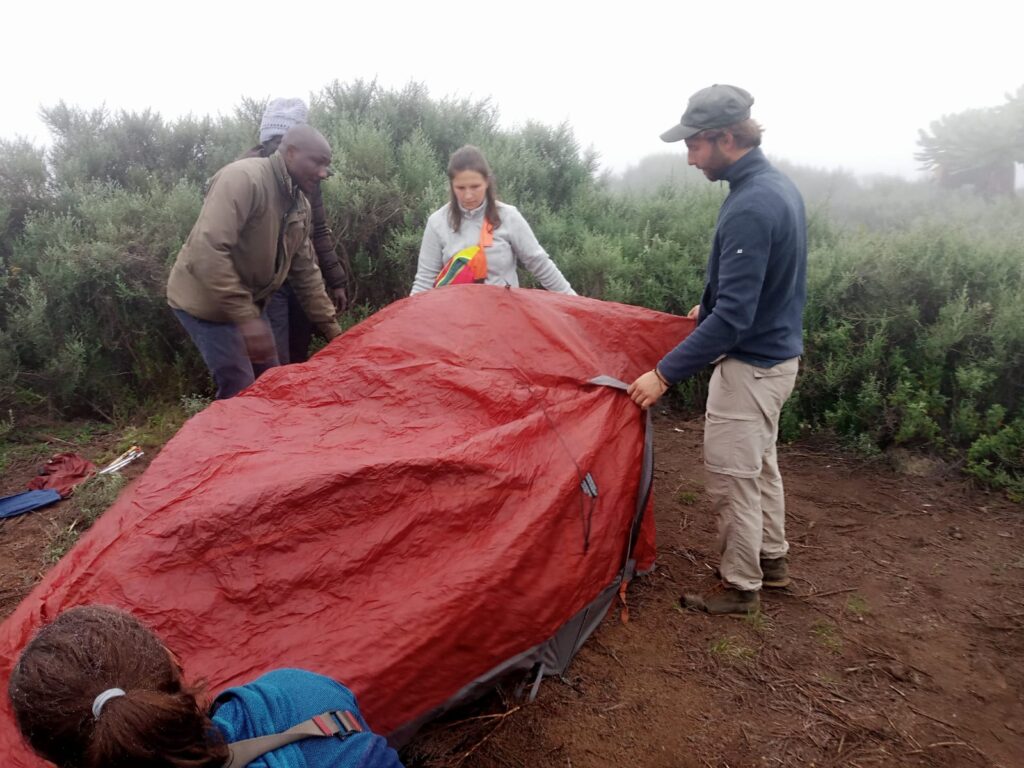
Conclusion
By choosing wisely in areas like transportation, accommodation, dining, and waste disposal, you can experience a more sustainable and responsible trip in Kenya, all while aiding in the conservation of its distinctive natural and cultural heritage.







